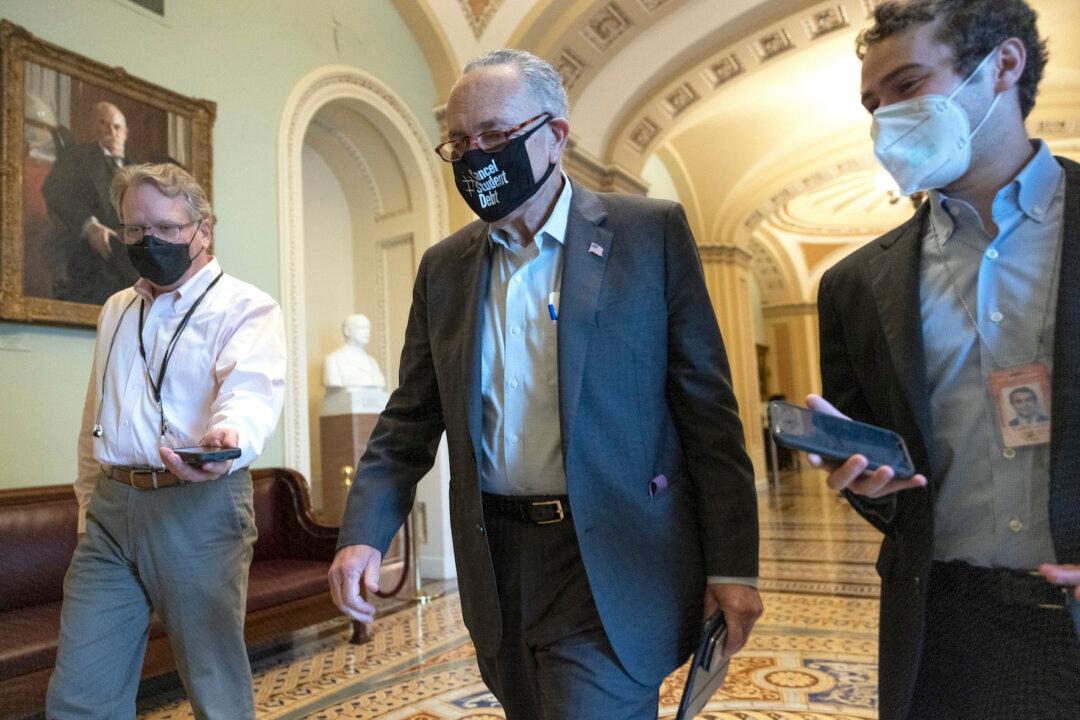A Democrat-driven bill to address the ongoing baby formula shortage by granting around $28 million to the Food and Drug Administration (FDA) is likely to face hurdles in the Senate, where Republicans have expressed concerns that the bill won’t do much to improve the situation.
Over the past few weeks, parents across the country have found supermarket and grocery store shelves bare of any baby formula, a necessity for many mothers who don’t breastfeed their children.





